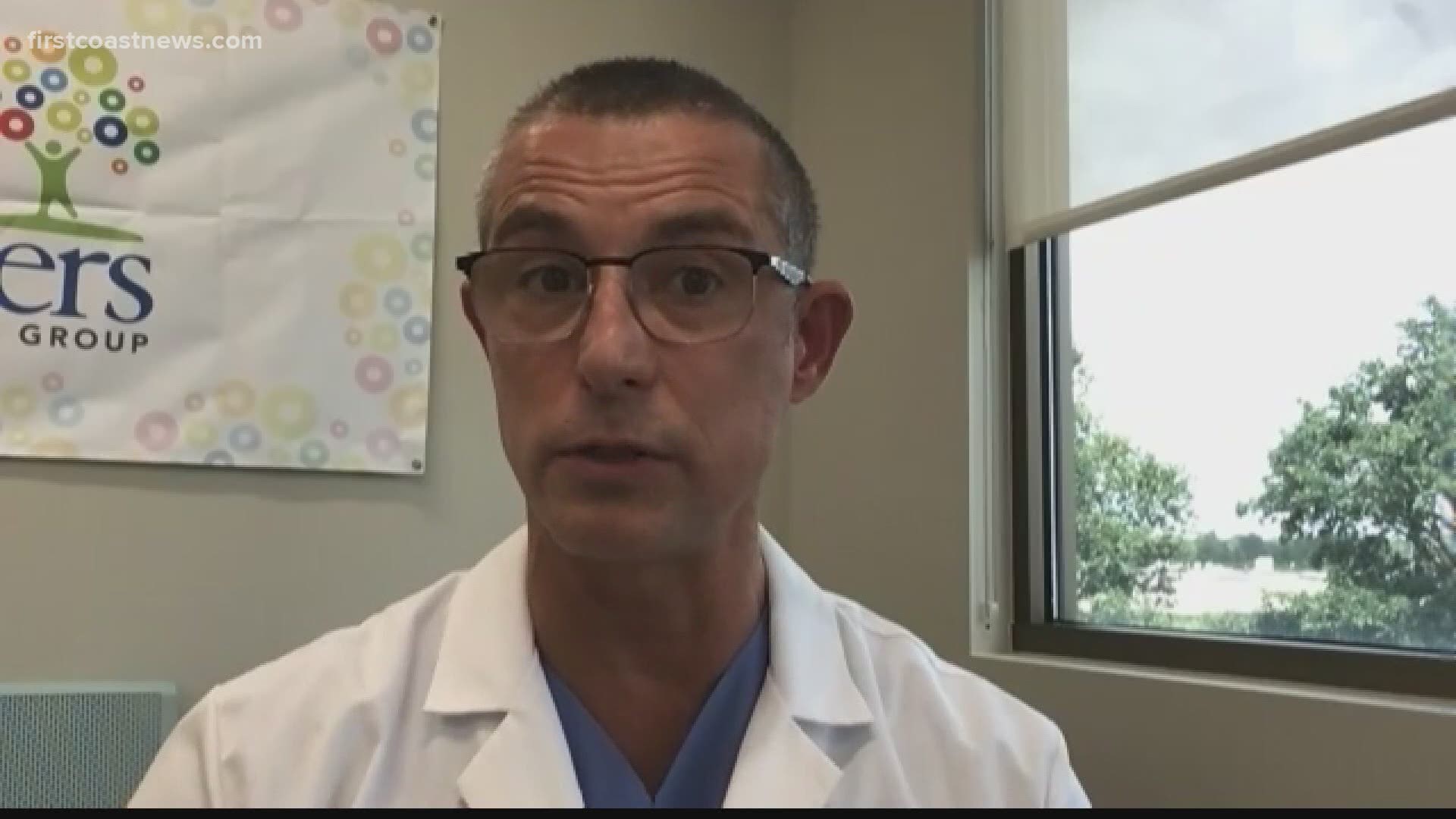JACKSONVILLE, Fla — Nearly four months into the coronavirus pandemic begs the question of whether or not your child’s routine is non-existent? If so, you’re not alone. Dr. Raoul Sanchez, a pediatrician with Carithers Pediatric Group, says he’s seeing it a lot with his pediatric patients.
“My biggest concern right now, and I would say I'm sure I'm not the only one that shares this concern, is how this has really affected just the dynamics of the household,” Sanchez said.
Many families have been in summer mode since March.
“I'm seeing a lot of the structure of the house imploding or devolving rather,” Sanchez explained. “I'm seeing sleep times get later and later with kids, even young children, more video gaming, less activity, less structured eating patterns and so if there's anything that I urge people is to try to get their kids back on a schedule.”
He says that includes a routine bedtime as you normally would on a school night.
“A lot of the studies show that later bedtimes are more associated with psychiatric illness. We see more depression and anxiety with kids that have poor sleep habits. It also just breaks you off of the normal circadian rhythm that is natural to our bodies, which simplistically speaking our body should be asleep when it's dark and awake when it's light,” Sanchez said.
During the pandemic, he says it's okay for children to spend a little more time on their devices communicating with their friends, but he says pay attention to their screen time.
“I usually tell people between one to two hours a day during this COVID time, but we're getting kids that are doing four times, five times that every day, and that really gets to be too much so we just need to watch and control those situations," he said.
As for children getting COVID-19, he said at his pediatrician’s office, most of the cases they are seeing children are mild. He reminds parents that kids can get severe cases and they, like adults, can also be asymptomatic and unknowingly spread it to vulnerable populations. He recommends his patients age 2 and up wear a face covering over their nose and mouth in public settings as the CDC advises, and practice social distancing and wash their hands regularly.
“I don't believe we should cause any anxiety or stress in our kids by freaking them out too much about coronavirus,” Sanchez said. “They need to understand that there is a pandemic, that there's a serious virus that can hurt their health and the health of others, but we have to be careful not to not to overly stress our kids out.”

